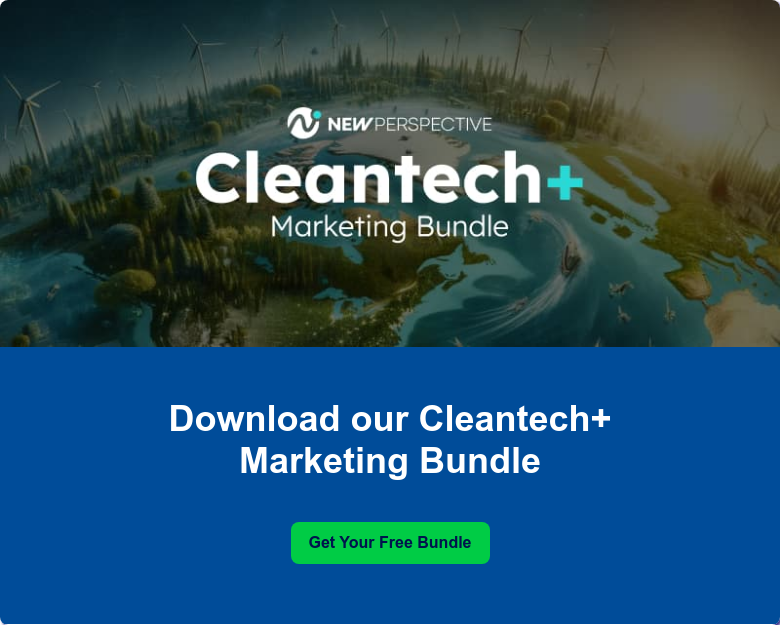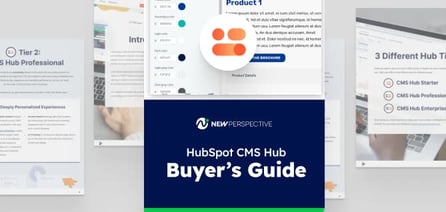Cleantech Marketing Affiliates: 9 Tips for Choosing Your Partner

Here’s a question we got recently from a client: Do we need a marketing affiliate? This was a high-level strategy meeting with an ambitious new cleantech firm.
We love working with them: everyone is forward-thinking and forward-moving — they’re not afraid to pivotor try new approaches. Considering a marketing affiliate made sense for them.
Finding the Right Marketing Affiliates
Affiliate marketing arrangements are a key part of modern marketing, to be sure. Typically, a company pays an affiliate site to generate traffic and leads for them, with a range of compensation and incentives as part of the arrangement. But beyond that, the variations are many.
As far as choosing the best one, there’s no simple answer. What makes one affiliate marketer the best choice for any given company completely depends on that company’s industry, goals, and audience — and that’s just a start.
But there are some best practices to keep in mind during the selection process. And if you’re wondering about the ins, outs, and merits, here’s a rundown of the 9 top strategies here.
1. Align Goals and Tactics

Know what the specific goals are for your marketing campaigns and find an affiliate whose advertising tactics align with those goals. For example, most affiliates offer some form of display ads. But the effectiveness of display ads on lead generation is minimal.
If you’re after lead gen, that’s not the right approach. On the other hand, we’ve seen the power of webinars: they tend to be a great tool that accomplishes both brand awareness and lead gen goals. We recommend you ask prospective affiliates for examples of their tactics and the best outcomes.
2. Aim for the Right Audience

Audience is everything. No matter your goals and tactics, if you can’t hit the right audience, your marketing efforts will have zero impact on your bottom line. Make sure to cross-reference your target personas and target market with the affiliate’s audience.
You can start with industry, but that’s not enough. Dig deeper into what type of companies and who the affiliate is aiming for.

3. Ask for Estimates

There shouldn’t be any surprises in a relationship with a marketing affiliates. For any kind of service they’re offering, ask for specific estimates. What is your intended outcome (impressions, leads, something else)?
The affiliate should be able to provide an estimate of what they can provide so you can set your expectations correctly. Before you sign up to work with an affiliate, you should clearly know what to expect — and what it will cost.
4. Don’t Judge a Book by its Cover

Not all affiliates have the shiniest packaging — and that includes the cleantech space. You may find the most effective marketing affiliates aren’t at the forefront of design. In our experience, even if an affiliate doesn’t look like they know what they’re doing, you may be surprised.
It’s not their logo that counts. It’s their audience.
5. Test, Test, Test, and Keep Testing

Marketing isn’t a single-medium approach. A successful strategy entails trying to reach your audience through several different mediums. Just because one tactic from an affiliate doesn’t work, that doesn’t mean another won’t (such as an email blast versus a webinar — yes, we like webinars).
6. Use Response Time as Well as Answers to Evaluate the Affiliate

You can get a fairly accurate sense of whether the affiliate has their act together by asking the right questions about estimates, lead times, schedules, recommendations, and more. Check how long it takes them to respond (hint: it shouldn’t take long at all).
Then cross-reference their answers with known best practices. Not sure what best practices are? Do some research online or ask your marketing people (whether you work with an agency or have an in-house marketing team, they should know these best practices).
For instance, it’s best to start webinar promotion 5-6 weeks before the event. If an affiliate only plans to run webinar promotion for 2 weeks, that may be a red flag. At the very least, it’s time to start asking more questions.
7. Go for Package Deals

It’s no surprise that marketing affiliates will usually offer discounts if you bundle several activities together.
In order to get a good deal, we recommend packaging multiple tactics together, along with contingency plans for what happens if they don’t work out too well. We prefer our clients to have contract clauses if it’s at all possible.
8. Set Clear Expectations

Partnerships are best when they’re focused on well-defined goals and tactics, and don’t necessarily end just because the time is up: if the partnership is successful once there’s potential for it to be successful again.
Make it clear with the marketing affiliates you choose that if they do turn out to be the right fit, you will definitely see them as a partner for future activities. (Of course, between us, the opposite is also true.)
9. Remember Why You’re Doing This

Whatever marketing affiliate you choose, the mantra is the same: Investments in marketing must produce significantly more value than their cost. To that end, you need to make sure you get the right ROI.

Keep sight of your goals and make sure the marketing affiliate’s tactics line up with achieving them. In any industry, the cost of unfocused marketing strategies can add up. In a quicksilver, fast-moving field like cleantech, there’s no room for error.
Affiliate marketers are certainly a big part of marketing’s digital transformation and they’re here to stay. If you partner well, your marketing strategy should see direct benefits. Just make sure the affiliate network is right for your cleantech firm, not just anyone else’s.
Working out your marketing affiliate strategy should always involve carefully assessing and choosing the right one for you — and only you. We’ve seen partnerships thrive — and we know how to make it happen. Contact us to learn more.




